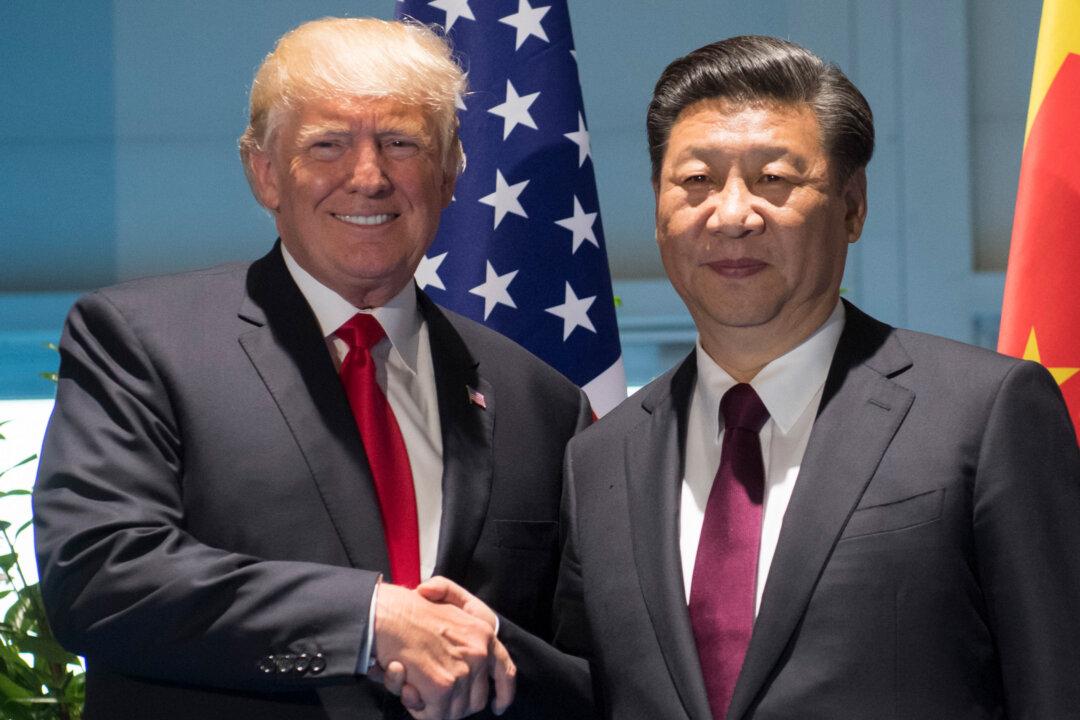Commentary
Beijing unexpectedly announced on June 17 that Chinese leader Xi Jinping will go to North Korea on June 20, the first state visit to North Korea by a Chinese head of state in 14 years.

Beijing unexpectedly announced on June 17 that Chinese leader Xi Jinping will go to North Korea on June 20, the first state visit to North Korea by a Chinese head of state in 14 years.